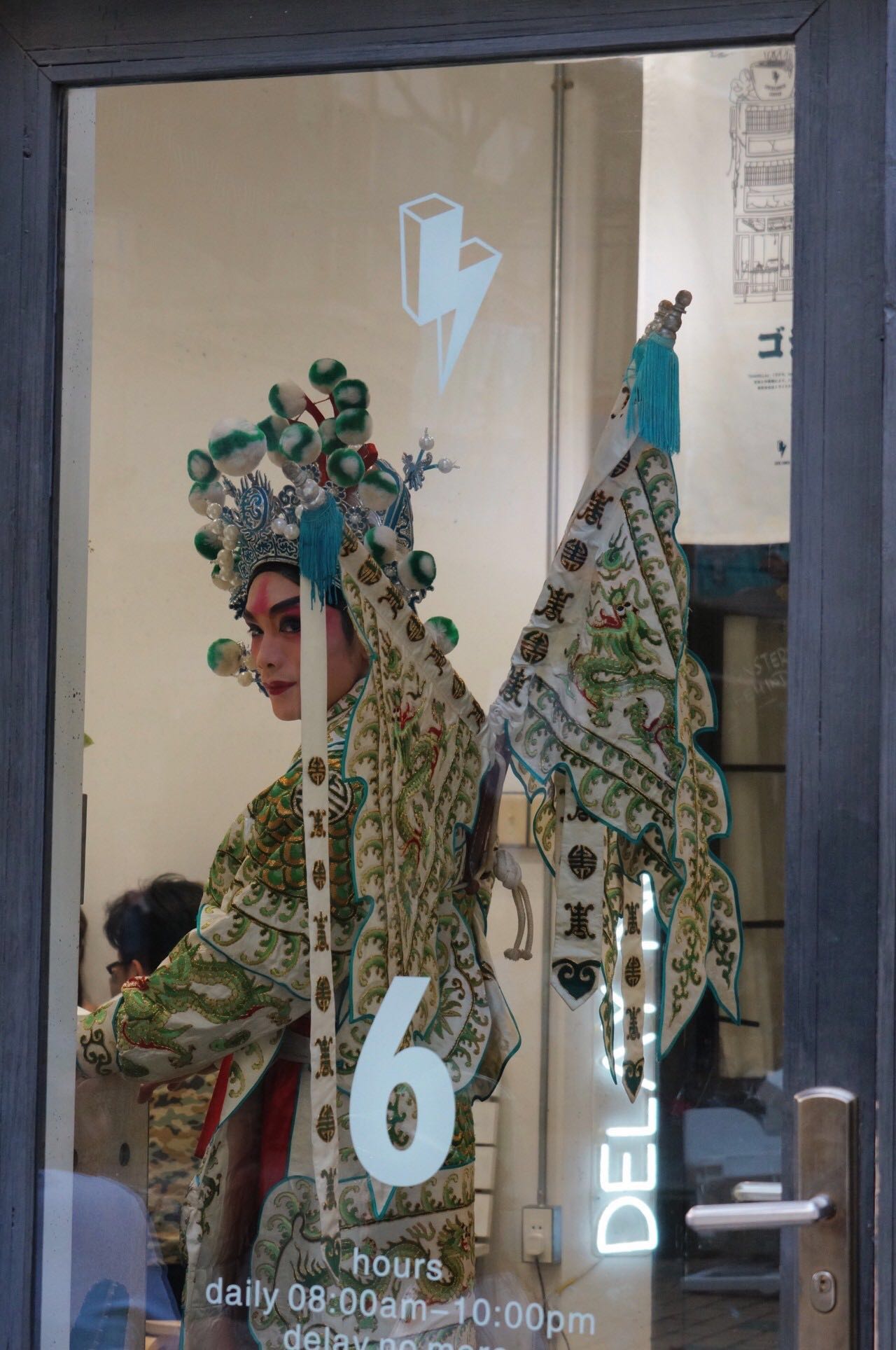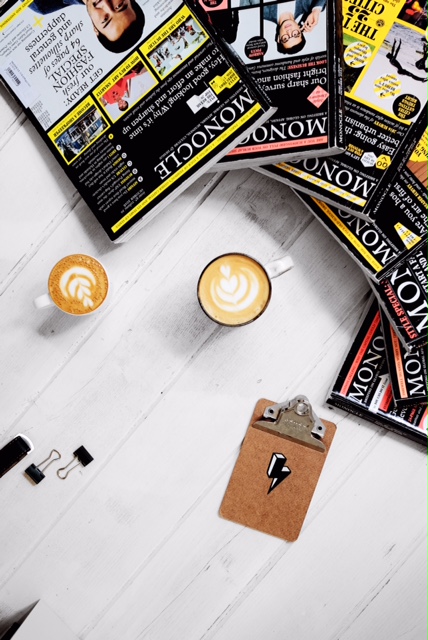by Chuck Chan
Last summer, an unexpected gentleman, Tiger, came to visit our shop. I recognised him from the first glance; I had followed him on Instagram and liked his then delicate style of photographs. We subsequently became good friends, especially after finding out we both had many common interests: arts, retail, hospitality, to name just a few. Tiger’s engagement in our objective of leading a new cultural change by opening a concept store which is ubiquitous in the shopping Mecca that is Tokyo, but rare in our own Guangzhou, is something that excites me greatly.
Even though a lot of creatives, those that hold local educated diplomas or have been exposed to foreign cultures, all converge in this once open-doored port city to set up small businesses brewing coffee; selling collections; or baking pastries, it is both alarming and more than slightly depressing to see just how little consideration is given to these new enterprises. Indeed, many of them are hit with an energy-sapped soullessness. With so much emphasis given to the aesthetic, they are gradually becoming the cold showrooms of latest top-of-the-line models. Customers would just as soon give custom to other newly opened shops, and abandon the ones that they took photos in.
What does this city really ask for? How does a ‘mortar-and-bricks’ shop sustain its charm among customers who are so acquainted with shopping online?
Just last week, one of my regular customers and good friend, Jieying, gave me a ticket for her performance of Baishe Zhuan, a Cantonese opera that answers to Shakespeare’s Romeo and Juliet. I was hesitant to go. My memories of Cantonese opera are busy amalgamations of boring backgrounds, stiff actions and lyrics that I could not comprehend. Nonetheless, I convinced myself to attend for just half an hour to show my support. Time passed by quickly, and before I realised, I had watched the whole performance and left with a tear in my eye. Jieying’s rendition of Baishe Zhuan totally changed my clichéd impression of Cantonese operas. When she next came into Lock Chuck, I discussed the performance enthusiastically with her, detailing how impressed I was. Her devotion to Cantonese opera from the age of nine shows an unbounded passion for her ‘art’. What is more impressive, however, is Jieying and her colleagues’ knowledge of the need to integrate new culture into this once old-fashioned practice. Their modern form of singing delicately interweaves with durable traditions; the handmade costumes, for example, pay respect to long-established craftsmanship.
I was, and am, inspired by this girl who helps protect the endangered arts whilst injecting new spirit to rejuvenate and broaden its attraction. Her influence reminded me how much I have thought about what ‘art’ is. I have set my feet to many respectable places: MoMa; the Met; National Art Gallery Tokyo and Stedelijk Museum, to name a few, to obtain this answer. Along the way, I have gradually built up a sense that a piece of art is crafted with time, emotion and contemporary techniques which then inspires people who get a chance to see it.

Inspiration, however, seems to be an abstract and pretentious word in this city. I am reminded of a conversation I once had with another regular to the shop, and again my good friend, Mora, a fashion designer from Hawaii. I explained the reason why I keep visiting Tokyo and New York again and again: that these two uniquely artistic cities never cease to offer inspiration to me. He said “Chuck, you know what, only the ones who create things will understand and treasure the word inspiration, the people who wake up and stimulate their potential creativity.”
Is that what this city lacks most? Small businesses should embrace the arts and thus offer inspiration to their ‘audience’. Holding this opinion, I am proud of what we are doing at Lock Chuck, and hope that you will be as inspired after sharing a coffee with us.

